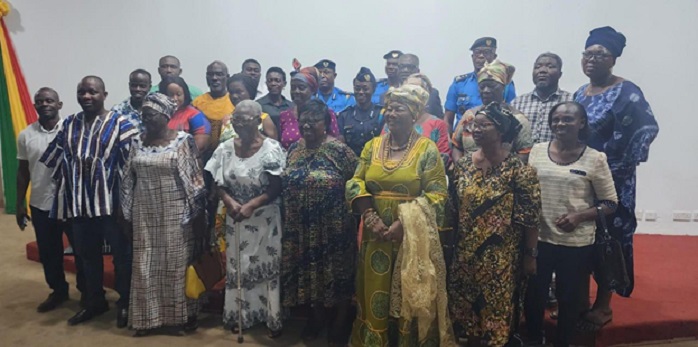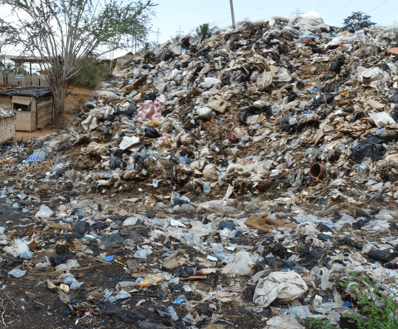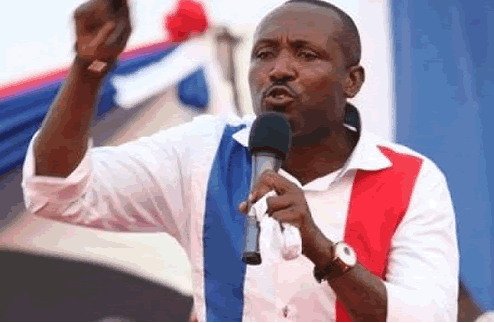

Sarah Adwoa Safo, Minister of Gender, Children and Social Protection
Since the beginning of the year, Ghanaians have felt the impact of Covid-19 through the introduction of levies and taxes, but for some 335,000 households, which rely solely on the Livelihood Empowerment Against Poverty (LEAP) programme, the hardship has been agonising as their grants have not been paid for almost four months.
The LEAP is a cash transfer programme designed for the poorest households in Ghana. Introduced in 2008 by the government, the programme seeks to assist the poorest households with their basic needs, including food.
The category of people designed to benefit from this programme are orphans and vulnerable children, the aged who are 65 years and above without support, persons with severe disabilities who cannot work, and very poor pregnant/lactating mothers with infants under 1 year.
Monies paid to beneficiaries vary depending on the composition of the household. One eligible member household receives GH¢64.00, while two eligible member household receive GH¢76.00. Households with three eligible members receive GH¢88.00, while those with four eligible members receive the highest amount under the programme, GH¢106.00
These monies are paid once every two months by Social Welfare officers in the various districts of the country. However, a report signed by George Osei-Bimpeh, Country Director, Send Ghana, a Non-Governmental Organisation, which seeks the welfare of the people, has revealed that for almost four months, the beneficiaries have not been paid their grants.
“SEND GHANA observes with deep regrets, recent delays in payments of cash grants to beneficiaries of the Livelihood Empowerment Against Poverty programme (LEAP) across the country.
“It is recalled that the government combined the 69th and 70th cycle payments to beneficiaries in January 2021, reaching a little over 335,000 poor households.
“However, the 71st cycle payment, which was due in March, has not been paid. The 72nd cycle payment is also fast approaching. Payment will be due in the third week of May, suggesting that the government will most likely owe beneficiary households two-cycle payments, i.e. four months grant.”
SEND GHANA says the erratic payments of grants affect the consumption pattern of the beneficiaries and impact negatively on their livelihoods, already exacerbated by the ongoing COVID-19 pandemic.
They are, therefore, calling on the government to take immediate steps to release funds for the 71st cycle payment to the beneficiaries, and also hope that the 72nd payment cycle, which is due in the third week of this month (May), will not be missed.
“We further call on the government to shift from an observed trend of delaying cash transfers and combining two-cycle payments as against the established practice of paying bi-monthly,” they indicated. The group says any anomaly that impedes the smooth delivery of social protection, especially, during moments of crisis such as the COVID-19 pandemic, ought to be aggressively addressed.
Already, the Ghana Statistical Service (GSS) has conducted a survey on the impact of COVID-19 on the social and economic lives of Ghanaians, and has revealed that approximately 22 million people have been affected by reduced household income; 77% of households reported to be severely affected by an increase in prices of food, and more than half (52%) of households have experienced reduced food consumption.
Hence, if poor and vulnerable people who rely on the LEAP cash transfers are not prioritised by the government, then it denies the beneficiaries their fundamental right to social protection, and for that matter decent living, the group said.
The post 335,000 households cry over non-payment of Leap grants appeared first on The Chronicle Online.
Read Full Story














Facebook
Twitter
Pinterest
Instagram
Google+
YouTube
LinkedIn
RSS